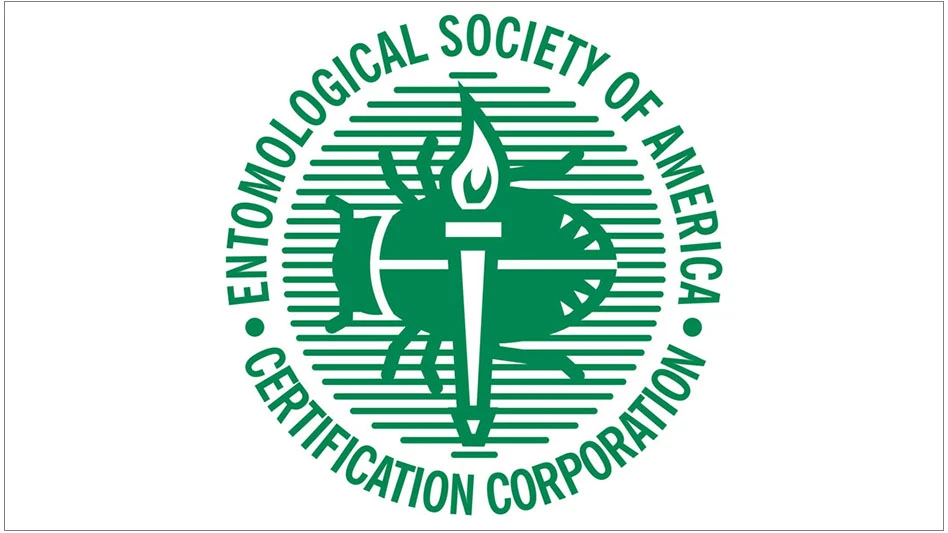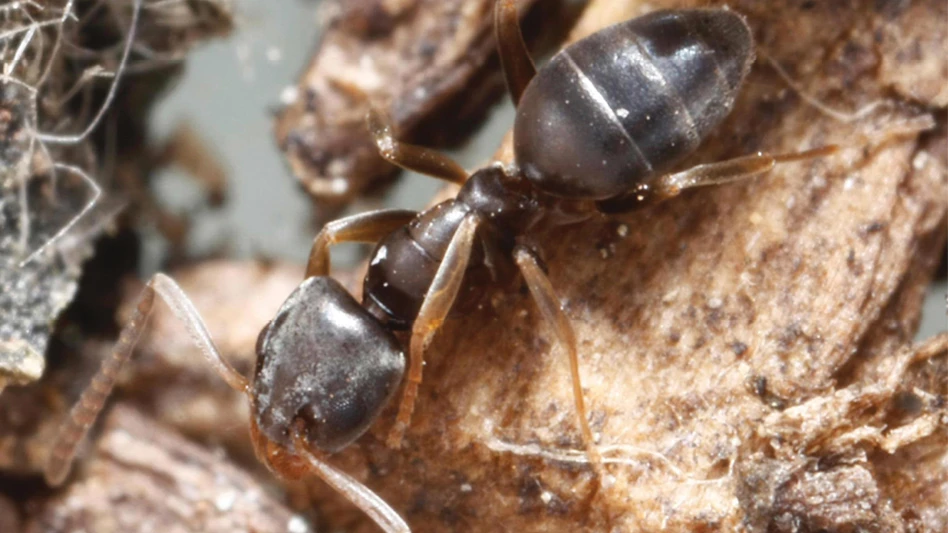
ASilvero (https://commons.wikimedia.org/wiki/User:Asilvero)
SACRAMENTO, Calif. – California pest management professionals are making a final push to have their voices heard in opposition of AB 2146, currently being discussed on the California Senate floor. AB 2146 would prohibit the use of neonicotinoid pesticides for nearly all nonagricultural uses. Specifically, it would bans the use of imidacloprid, clothianidin, thiamethoxam, dinotefuran and acetamiprid on non-agricultural crops.
The Pest Control Operators of California (PCOC) sent out a PCOC Alert yesterday encouraging members to contact their representatives and urge them to vote no on AB 2146.
The bill was introduced earlier this year by assemblymember Rebecca Bauer-Kahan as a pollinator protection measure. In a press release, Bauer-Kahn stated, “Our pollinators are threatened. We know the cause, and it’s time to take action,” said Assemblymember Bauer-Kahan. “The European Union has already banned many of these pesticides altogether, and it’s time to catch up to the rest of the world in protecting bee and human health. AB 2146 will curb harmful neonic contamination without limiting farmers.”
PCOC believes that AB 2146 ignores years of scientific research and recommendations from DPR. They are joined by a coalition of groups including the National Pest Management Association (NPMA) and RISE (Responsible Industry for a Sound Environment), among others.
RISE spokesperson Karen Reardon told The Independent that RISE opposes this type of measure because (noenicitinoids) are thoroughly vetted, tested and regulated by the EPA and California DPR. Both government agencies have determined neonics are safe, if used according to their labels.
Latest from Pest Control Technology
- Tips to Maintain Backpack Sprayer's for Maximum Productivity
- Ecolab Reports Strong 2024 Financial Performance
- All U Need Pest Control Announces Entomology Certifications
- Eve Pappas on Continuing to Mentor the Next Generation of PMPs
- NPMA’s 2025 Women's Forum Registration Opens
- NCPMA Hosts 75th Pest Control Technician's School
- Pest Pros Pest Solutions Promotes Frank Cropper
- Pest Management Foundation Announces 2024-2025 Student Scholarship Recipients





